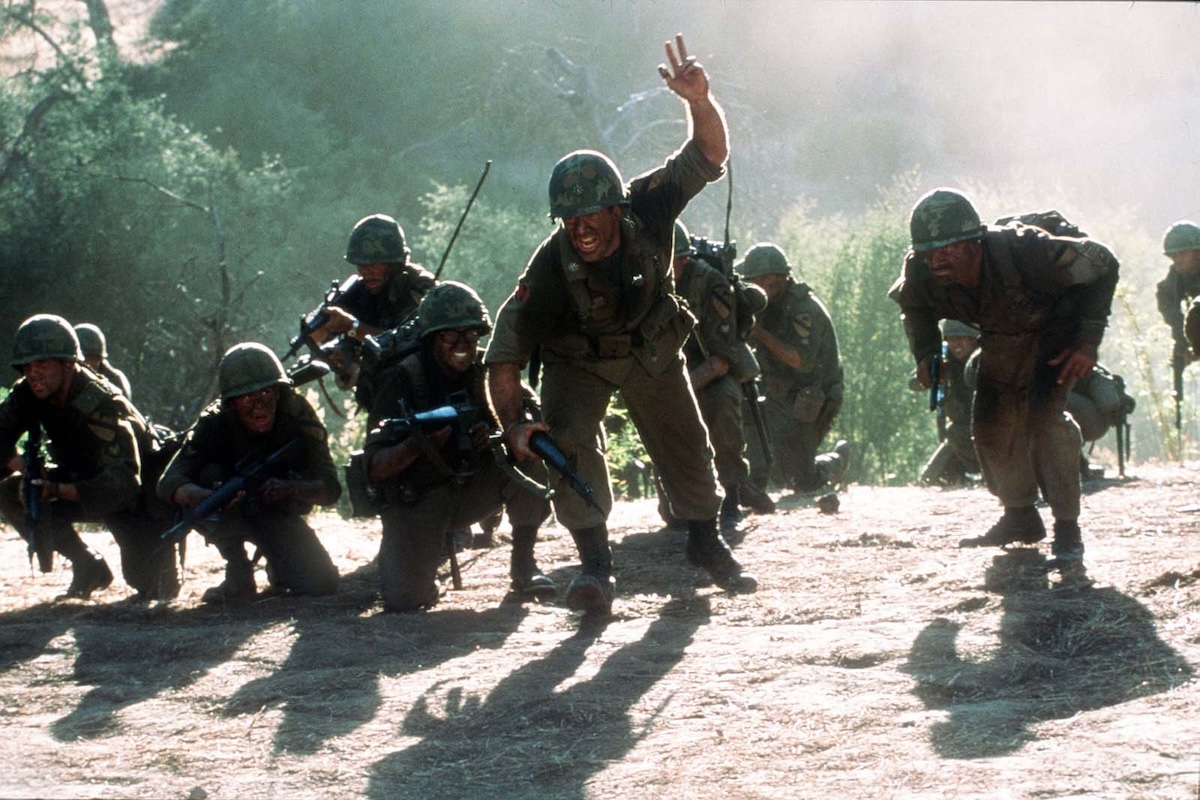Memorial Day was first instituted in the aftermath of the Civil War, to appease the suffering caused by the terrible bloodshed of that conflict, in which almost as many men died as in the wars of the 20th century combined. It had become necessary to give a public character to mourning since the survivors could not forget their family members, and the cemeteries, at that time still very much connected with churches, were full of the memory of the war, as were so many other institutions. At that time, it was called Decoration Day.
Then came the World Wars, and the character of dying for America changed. The nation became the preeminent power in the world, as well as the savior of civilization. Memorial Day thus lost the sorrow and guilt and fears that come from internecine strife, not least since these heroes were shared as the property and responsibility of the whole nation, now no longer divided. Though denied triumph, this was later true of the men who died in the Korean War.
After the Vietnam War, the meaning of Memorial Day changed to the holiday we understand today. After assuming superpower status, America paradoxically started losing wars; at the same time, the military was transformed into a volunteer force, so that most citizens are divided from it, so to speak, almost at birth. We are nevertheless pious toward our military dead. We have learned again regret and guilt; we are divided about most of our wars, more than our enemies, it seems. We begin to suspect that war is tragic and that there is something wrong with our power.
Certainly, our more famous artists have usually reflected on the Vietnam War as a moment of loss of American innocence, an act of madness, an evil use of American power. However we might think about those works of art or the social drama in which they played their part, they are not suitable for Memorial Day. I suggest we should turn instead to Mel Gibson’s We Were Soldiers (2002), based on Lt. Gen. Hal Moore’s 1992 war memoir, adapted for the screen and directed by Randall Wallace.
We Were Soldiers is a beautified account of the first major engagement of the Vietnam War, the Battle of Ia Drang, November 14–18, 1965, focusing on the action at LZ X-Ray, November 14–16. American Air Cavalry fought elements of the North Vietnamese Army in the central highlands of Vietnam near the Cambodian border, heavily outnumbered, by day and by night, to a stalemate. The spectacle of war reveals the nobility of the men fighting, both because they prove undaunted and because they care for each other in their suffering. It’s a true story and it attests to the truth we have in mind when we call such men the best that America has to offer.
Hal Moore, then an ambitious lieutenant colonel, commanded the 1st Battalion of the 7th Cavalry, about 400 men, a new kind of unit, riding helicopters, designed for mobility and heavily dependent on support. He trained them at Fort Benning (renamed Fort Moore in his honor last year) before deploying to Vietnam with them. Moore is portrayed by Gibson as a patriarch: a practicing Catholic with a large family; concerned for his men in their private lives as well as in their capacity as soldiers; manly, confident, and demanding, concerned with excellence rather than inclusion. At the same time, the movie concludes its long stateside introductory sequence with a speech that affirms the civil rights extension of the American founding and offers the military as the embodiment of the spirit of e pluribus unum.
The most distinctive aspect of We Were Soldiers follows from that characterization. It is the display of the moral and practical qualities of American soldiers, which requires a certain marginalization of the technical qualities. The ordinary viewer will understand almost nothing about air support. He will see, on the other hand, the remarkable decency of ’50s America; he will be surprised by how confident people used to be as Christians; and he will be shocked by the number of young men who are married with children, competent soldiers, and willing to risk their lives to save a fellow soldier. Unlike most Vietnam movies, it is dedicated to portraying and honoring the nation that went to war, not the nation that came out of it, divided and prey to various social and political crises.
Moore said he wrote We Were Soldiers Once … and Young because he felt the movies always got the story of the war wrong and he wanted to tell it right as a protagonist in its early stages; this is obviously also the intention of writer-director Randall Wallace (Braveheart). The result seems to be selectively nostalgic for that older America that Moore feared Lyndon Johnson’s Great Society had ruined. The special virtue of the movie is to remind us of what’s true in that nostalgia, which we sense somehow when we admire, honor, and mourn our soldiers. The young men we see really are better than we are—not simply because they died for us, but also because of the way they lived.
It is a very strange fact of human nature, something our therapeutic talk of trauma hides from us, that remarkable virtues should show up where there is great suffering. But even aside from the day of battle, these men are better able to live as a community and to strive to improve themselves. Our children should imitate them. To a large extent, We Were Soldiersshows us an America we recognize, but it is very difficult to believe we could have it again. For my part, I do not see that it is impossible, but I am not sure that most people today desire it, because it would impose demands on our lives we are unwilling to bear.
The connection between the terrible battle that occupies most of the movie and the depiction of the soldiers’ lives at Fort Benning, where their wives organize the community of the military base and suffer the misery of incurring privately the losses that the nation demands publicly of the men, is the issue of loyalty. That is something we remember perhaps only on Memorial Day, something no longer honored or welcome in most of our institutions, replaced by the unceasing culture war. This is why the movie ends with the Vietnam War Memorial, which is architecturally a catastrophe but has been hallowed by the memory of the men who died testifying to a duty of a divine character, something greater than any one man’s life.

